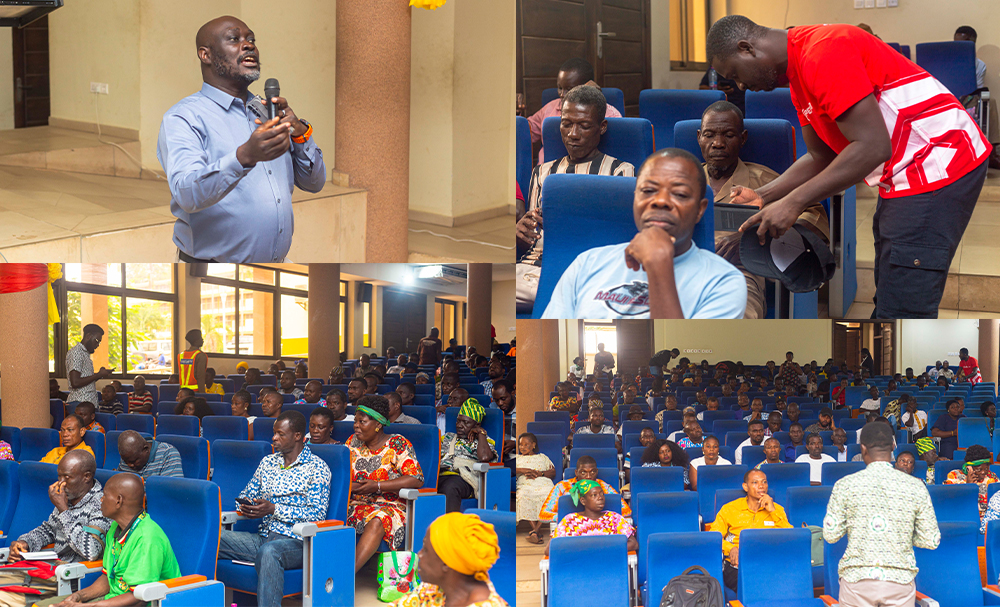Junior staff of the Kwame Nkrumah University of Science and Technology (KNUST) have been trained to apply Artificial Intelligence (AI) tools in their daily work routines to enhance productivity and efficiency at the 11th KNUST Summer School.
The session sought to empower participants with practical knowledge of AI and demonstrate how it can simplify tasks, improve service delivery, and contribute to the university’s digital transformation agenda.
Participants were drawn from various departments, including administrative, technical, and support units.
Speaking at the programme, Dr. Prince Odame, a lecturer at the Department of Computer Engineering, highlighted the growing importance of AI in everyday life and its ability to make work easier and safer.
He explained how AI can assist cleaners with chemical safety guidelines and cleaning tips, help drivers navigate efficiently through Google Maps, and support farmers with accurate weather information to improve yields.
Dr. Odame also noted that AI tools can help identify plant diseases, recommend appropriate pesticides, and assist parents in guiding their children with school assignments.
He encouraged participants to adopt AI responsibly, emphasising that it would enable them to work more efficiently, learn new skills, and enhance overall productivity.
Dr. Enoch Bessah, a senior lecturer in the Department of Agricultural and Biosystems Engineering, led a practical session demonstrating locally developed AI models, including Abena, an AI assistant that speaks and understands Twi and the Smart Indigenous Weather (SIW) system, which detects weather patterns and provides guidance on appropriate actions for each season.
These systems, he explained, can translate, answer questions, and engage in voice-based conversations, making AI accessible to all users.
Dr. Bessah further noted that AI technologies have become increasingly user-friendly and inclusive, ensuring that even the aged and less educated can benefit from their use.


















